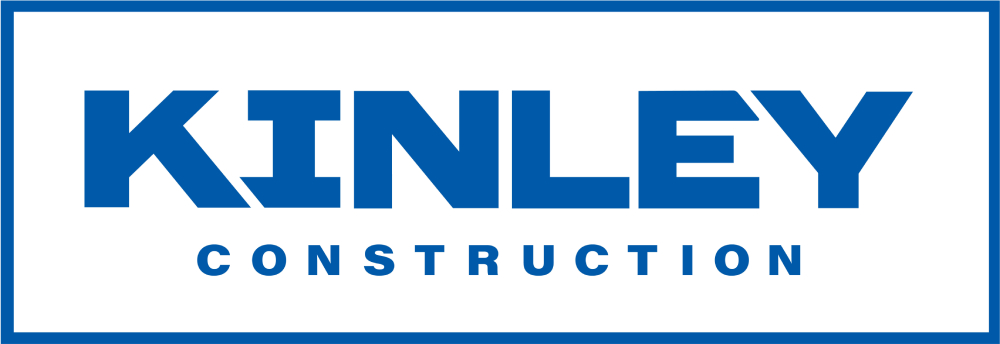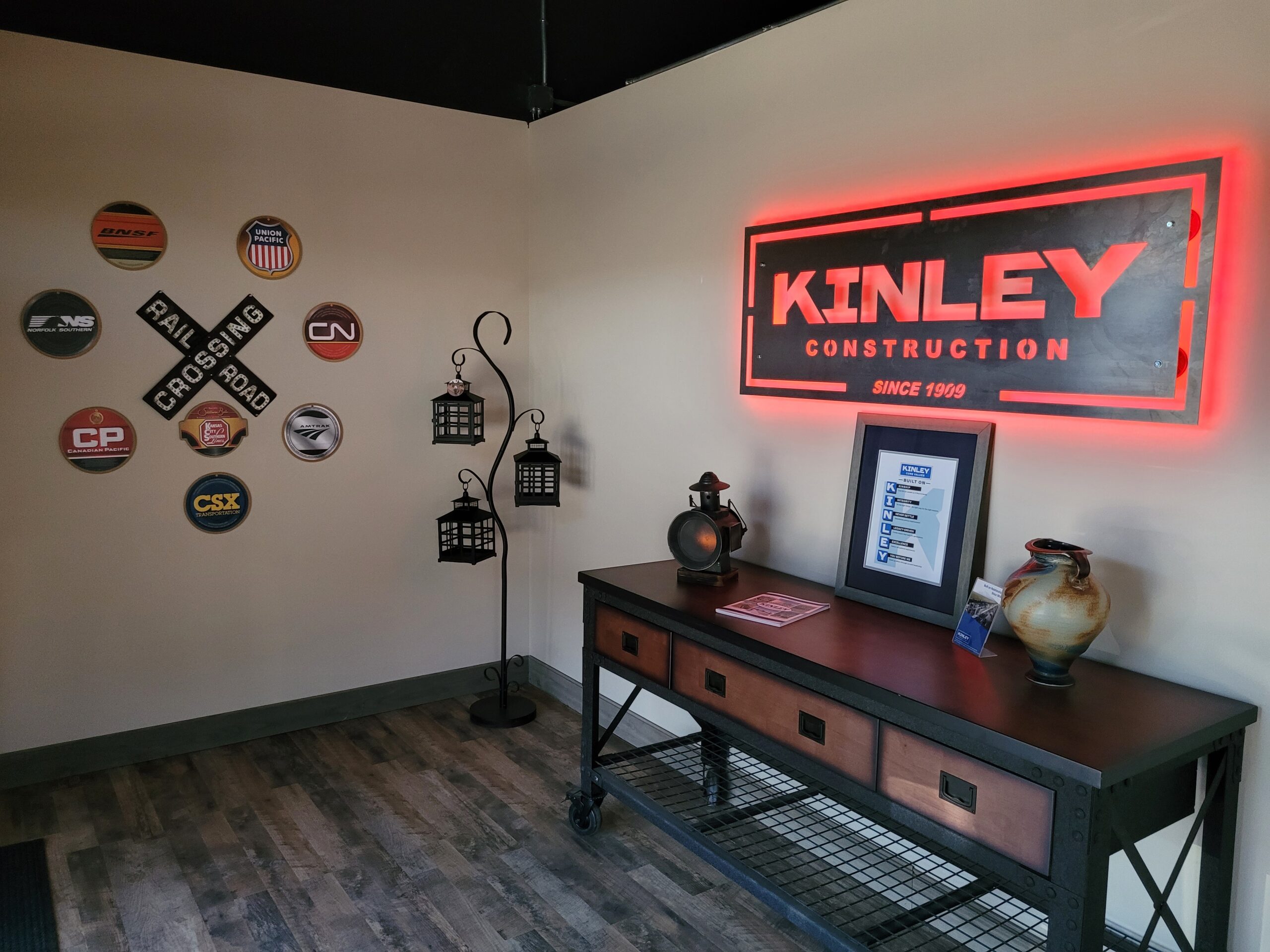The True Cost of Taking the Low Bid
PART 1
Kinley Construction has over 125 years of industrial experience. Our legacy spans six generations. Through this deep experience we’ve seen firsthand, as both a general contractor (GC) and subcontractor, the repercussions of accepting a low bid option. We understand the high costs typically associated with industrial construction make the allure of a low bid especially tempting, whether you’re the end customer or GC.
It’s certainly possible for the low bid to be the best (maybe only) option in a bid process. However, it’s critical to also consider the pitfalls that can result from a low bid. These include a lower level of expertise (and the foresight to see problems before they occur), hidden costs (not apples to apples with other bids), and/or rework required due to lower quality workmanship or materials. All of these pitfalls can quickly evaporate any “savings” a low bid offers.
This two part post will review the most common pitfalls to consider when evaluating the low bid on an industrial construction project. The first six pifalls include:
- Safety Concerns: Safety is paramount in construction. Accidents due to poor workmanship can lead to significant costs, including legal liabilities and increased insurance premiums. Kinley Construction’s unwavering commitment to safety has been a cornerstone of our operations for over a century. We have not lost time to a workplace injury for over five years.
- Change Orders: Industrial construction can produce dramatically different bid prices. For this reason, it’s critical to understand the price differences in key bid areas (beyond whether a bid simply “meets spec”). Low bids may be due to missing items that go undetected in comparing bids or items which were not requested that another bidders’ expertise identified as needed. In either case, these result in change orders to the low bid (which other bids may not require). Sadly, contractors sometimes do this by design in order to be “low bid.” But the change orders often result in the low bid being the high bid. Kinley’s expertise ensures the most accurate bid possible, reserving change orders for true “changes.”
- Rework and Repairs: One of the most immediate consequences of substandard work is the need for rework due to poor quality materials or workmanship. This not only involves additional labor and material costs but also disrupts project timelines. Kinley’s commitment to excellence ensures every project is executed right the first time and with a level of quality that results in long-term customer performance and satisfaction—with no rework.
- Project Delays: Delays can lead to contractual penalties and increased labor costs. Our Kinley project teams understand the intricacies and importance of project management, ensuring timely delivery without compromising on quality.
- Reputation Damage: In an industry built on trust and reputation, the outcome of subpar work can have unintended and long-lasting repercussions on your brand which can impact revenue. With a legacy spanning six generations, Kinley Construction’s name is synonymous with the integrity, service, excellence and performance customers expect in delivering an excellent experience to their clients.
- Operational Inefficiencies: Time is money. Operational delays due to constant oversight and corrections can quickly escalate project costs. Our solutions-based approach at Kinley Construction ensures we consider all opportunities and challenges in a project in order to deliver a quality experience that saves both time and money.
While the low bid may sometimes be the best alternative, it doesn’t lessen the importance of ensuring you consider the above points prior to awarding the business.. Part 2 of this post will examine five more pitfalls to consider before accepting the low bid. Stay tuned.


